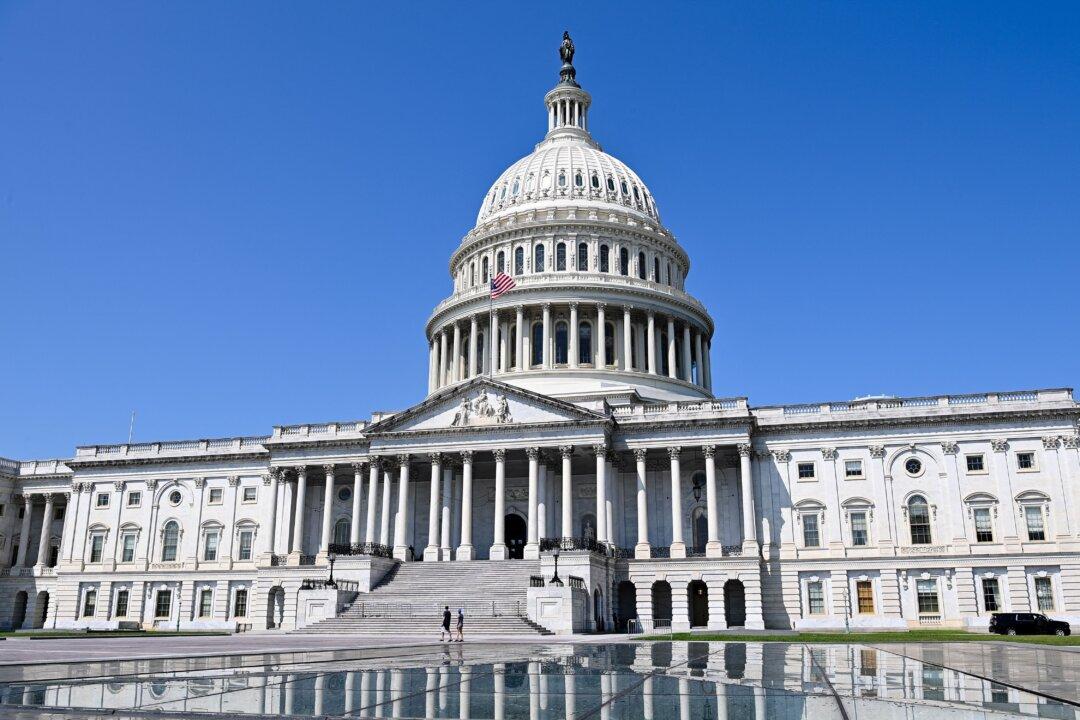A coalition of more than 600 business groups across the country is condemning a Democratic proposal in Congress to make compulsory union dues tax deductible.
“Requiring taxpayers to subsidize union dues as part of the Democratic Senate budget plan favors unions and their political allies over workers and small businesses,” Coalition for a Democratic Workplace (CDW) Chairman Kristen Swearingen said in a statement.





